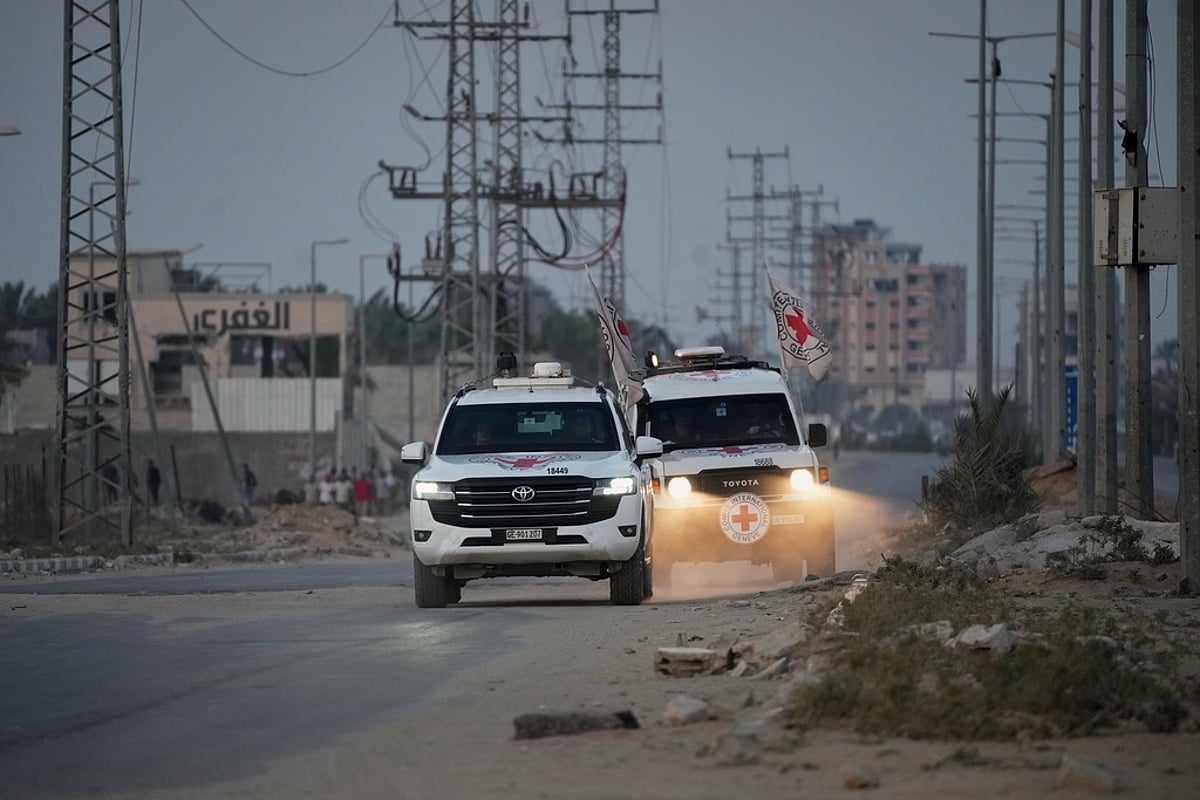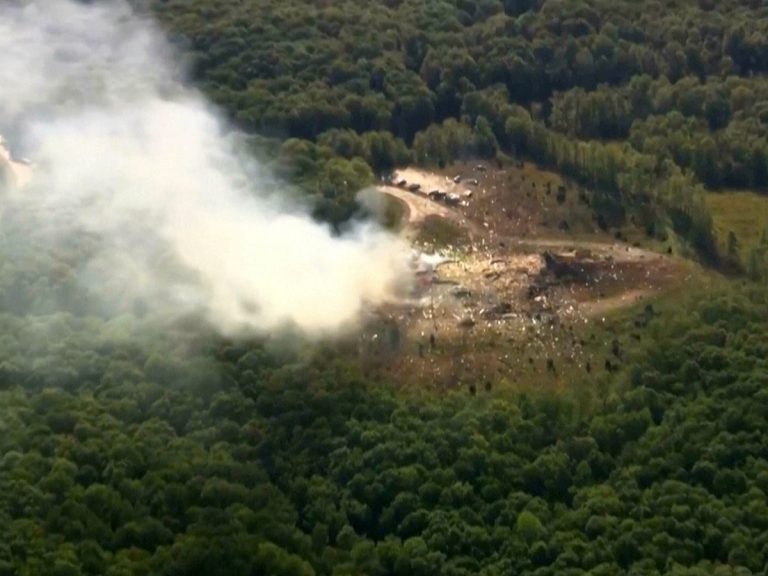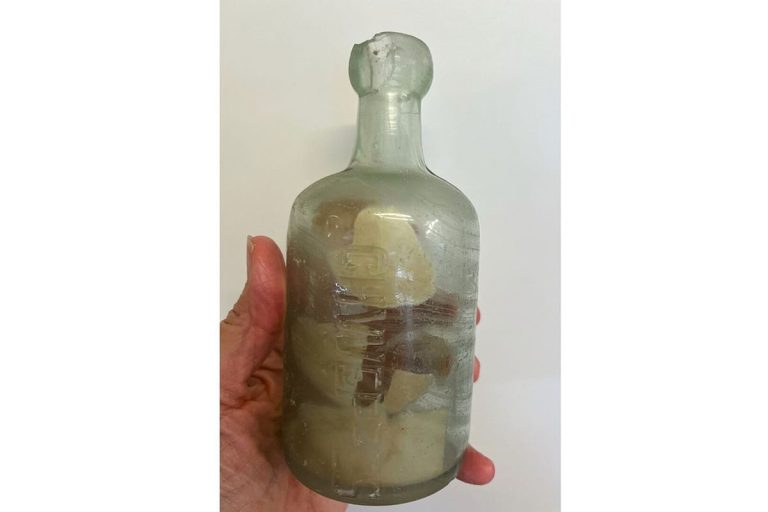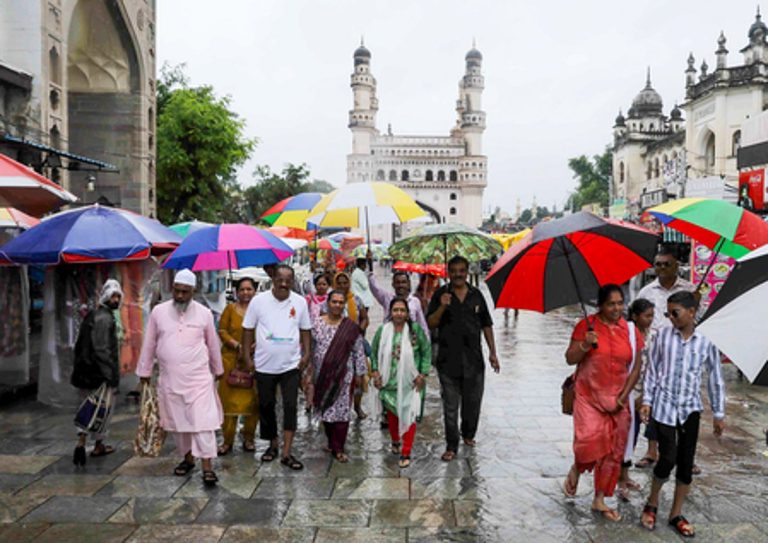Red Cross Receives Hostage Remains from Gaza Transfer
The Israeli military announced that the Red Cross has received the remains of a hostage from Gaza, in line with the ongoing ceasefire agreement with Hamas. This transfer marks a significant development in the complex negotiations surrounding hostages held by the militant group.
The military confirmed that the remains, contained in a coffin, are being transported to Israeli troops stationed in the Gaza Strip. This transfer is part of a broader arrangement where Hamas has committed to returning a total of 28 deceased hostages to Israel. So far, 21 bodies have been returned, including 19 Israelis, one Thai national, and one Nepali.
FAQs
What is the current status of the hostage situation?
As of now, Hamas has returned 21 out of the 28 deceased hostages it agreed to hand over to Israel under the ceasefire deal.
How is the Red Cross involved in this situation?
The Red Cross is facilitating the transfer of the remains of hostages, ensuring that the process is conducted with respect and in accordance with international humanitarian standards.
What are the next steps following this transfer?
Following the transfer of the remains, negotiations may continue regarding the remaining hostages, as both sides work towards a more comprehensive resolution of the conflict.
Conclusion
The transfer of the remains of a hostage by the Red Cross is a crucial step in the ongoing negotiations between Israel and Hamas. As the situation evolves, further updates are expected regarding the remaining hostages and potential future agreements.
The ongoing conflict between Israel and Hamas has seen numerous escalations and ceasefires, with hostage situations often at the center of negotiations. The return of deceased hostages is a sensitive issue, reflecting the deep emotional and political ramifications for families and communities affected by the violence. The involvement of the Red Cross underscores the organization’s role in humanitarian efforts, particularly in conflict zones where the need for impartiality and adherence to international law is paramount. The transfer of remains is not only a logistical operation but also a symbolic gesture that can impact public sentiment and diplomatic relations.
The ceasefire agreement that facilitated this transfer is part of a broader framework aimed at reducing hostilities and addressing humanitarian needs in the region. Such agreements often involve complex negotiations, where both sides must navigate a landscape filled with mistrust and competing narratives. The return of hostages, whether alive or deceased, is a critical aspect of these negotiations, as it can serve as a confidence-building measure. Each successful transfer may pave the way for further discussions regarding the fate of living hostages and the potential for a more lasting peace.
The situation remains fluid, with various stakeholders, including international governments and organizations, closely monitoring developments. The return of deceased hostages can evoke strong reactions from the public, influencing political discourse and potentially shaping future policy decisions. As families await the return of their loved ones, the emotional toll of the conflict continues to resonate within Israeli society and beyond. The ongoing dialogue surrounding hostages reflects broader themes of loss, grief, and the quest for resolution in a protracted conflict that has claimed many lives on both sides.
In addition to the humanitarian implications, the negotiations surrounding hostages also have strategic dimensions. For Hamas, the return of hostages can be leveraged as a means to gain political capital and strengthen its position within Palestinian society. Conversely, for Israel, securing the return of hostages is a matter of national importance, influencing public opinion and government policy. The interplay between these dynamics illustrates the complexities of the Israeli-Palestinian conflict, where human lives are often caught in the crossfire of political maneuvering and military strategy.
As the situation develops, the international community continues to advocate for the protection of civilians and the resolution of humanitarian crises. The Red Cross, along with other organizations, plays a vital role in facilitating dialogue and ensuring that the rights of individuals are upheld during times of conflict. The transfer of remains is a poignant reminder of the human cost of war and the urgent need for a comprehensive approach to peace that addresses the underlying issues fueling the conflict.
Also Read:
UAE Urges Ceasefire Amid Sudan’s Ongoing Conflict







